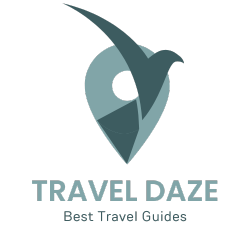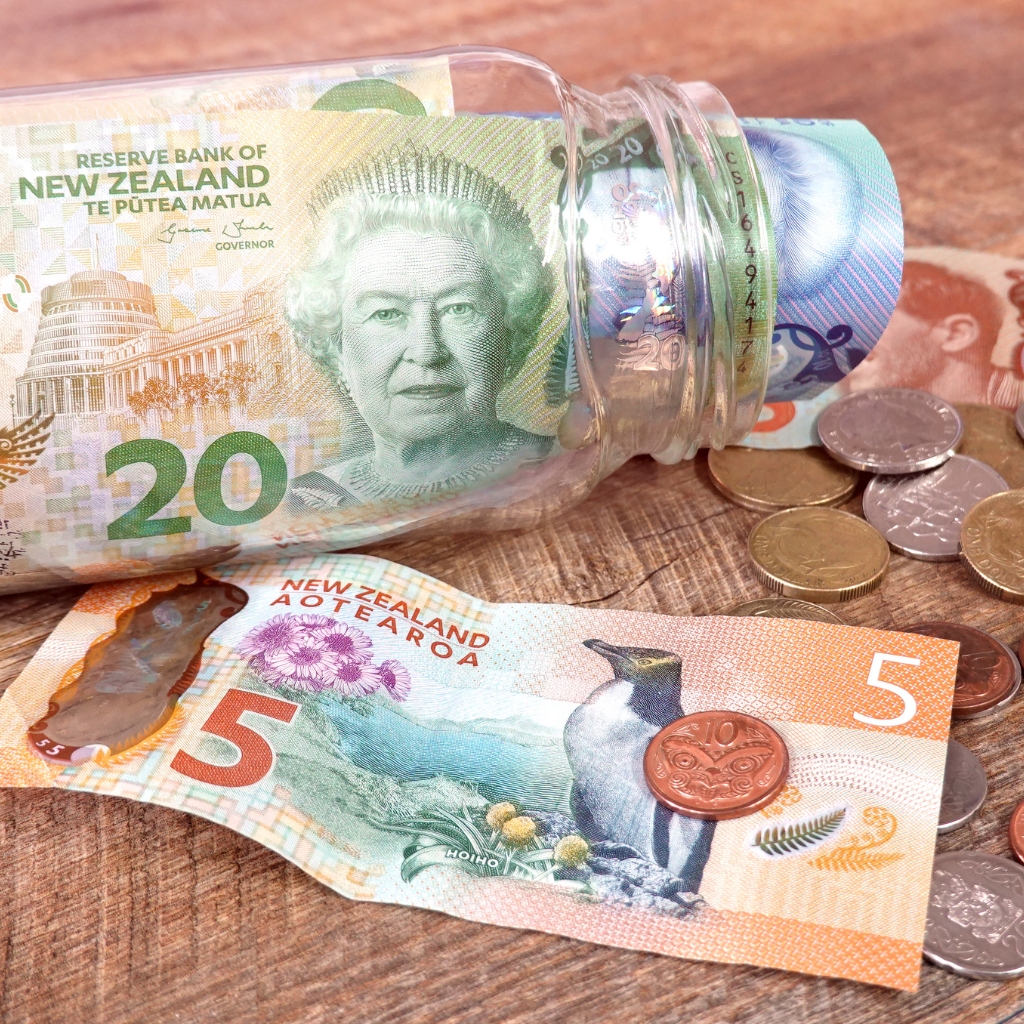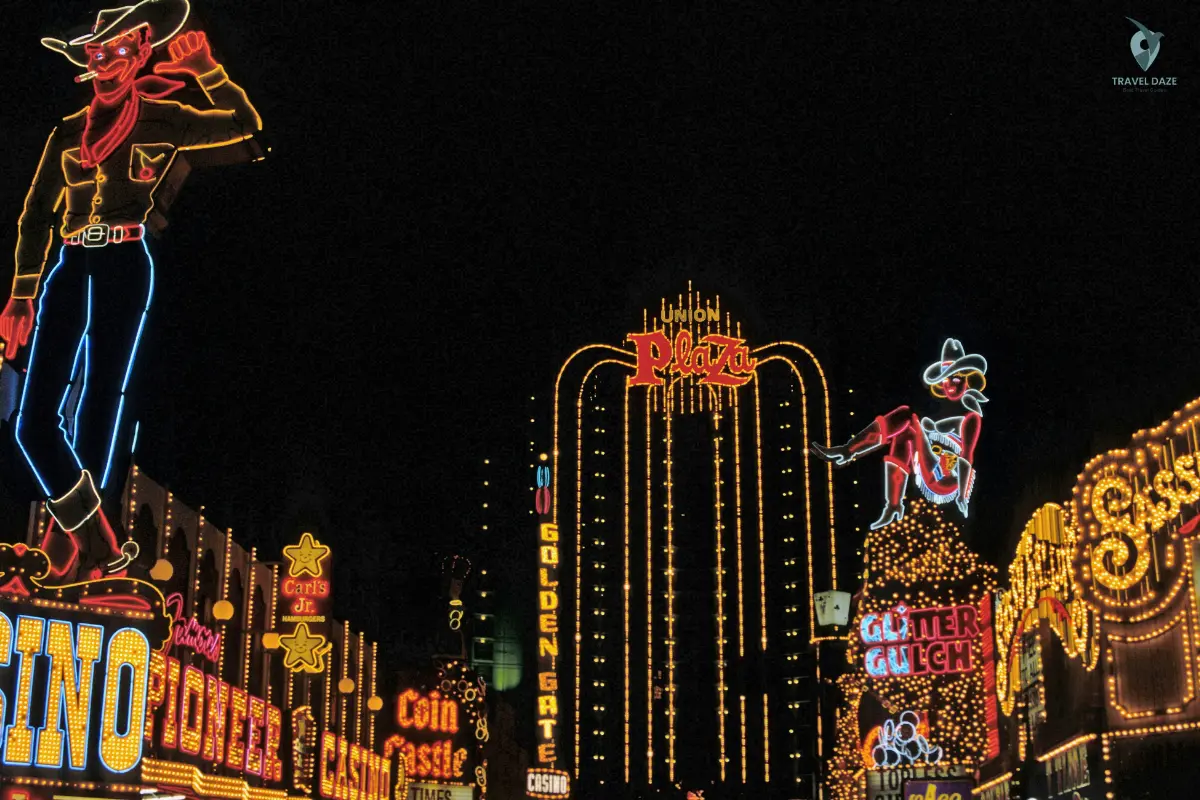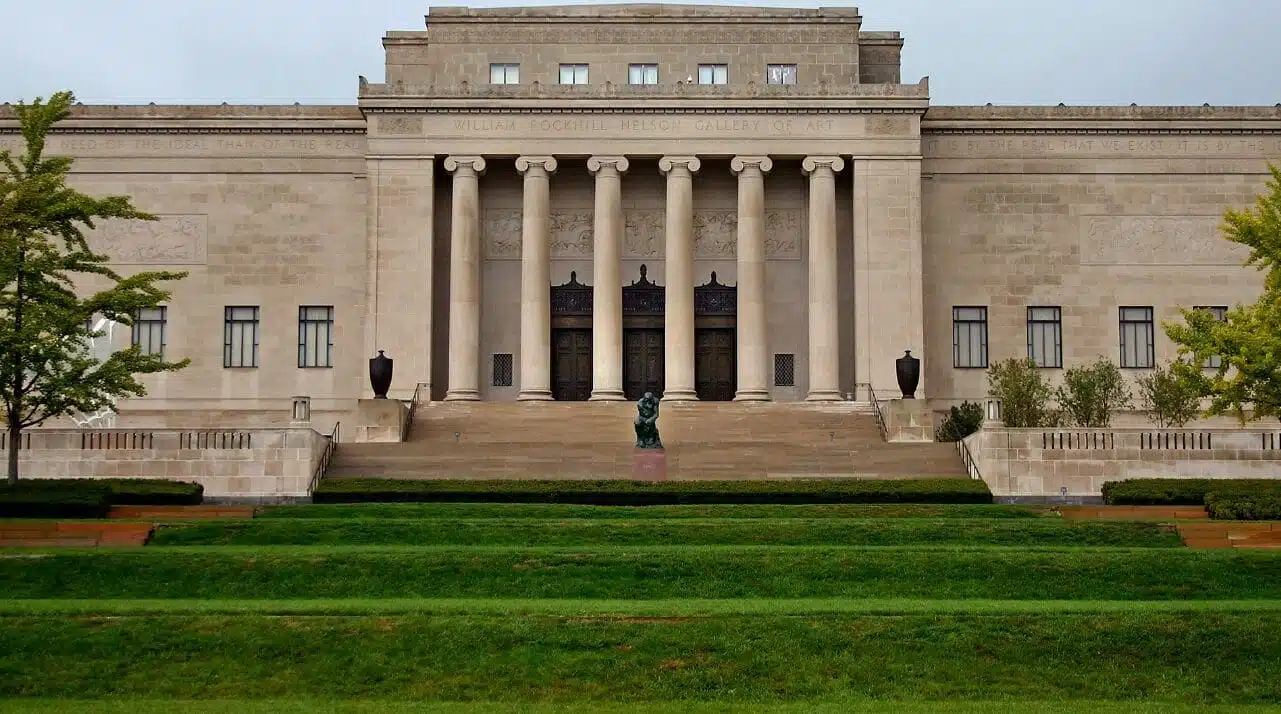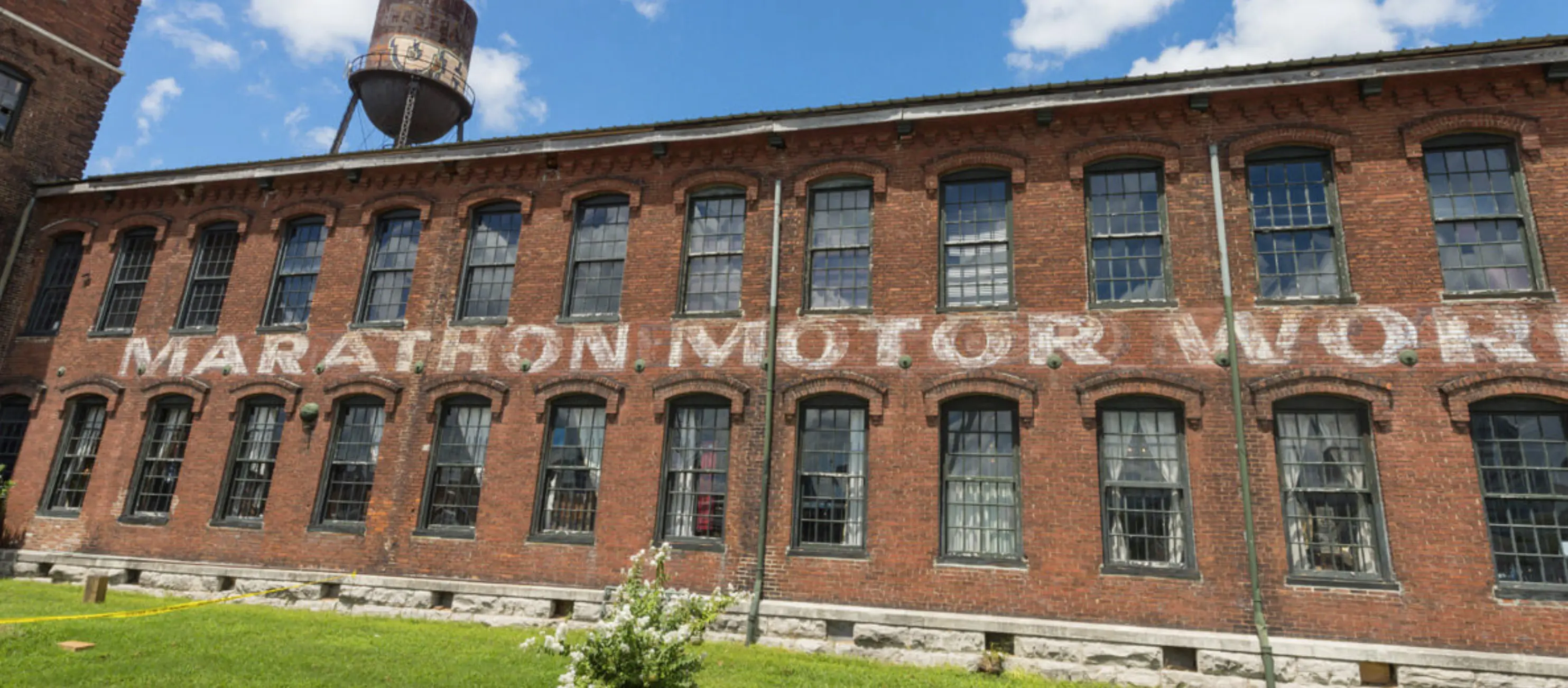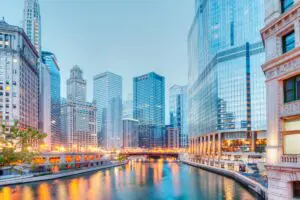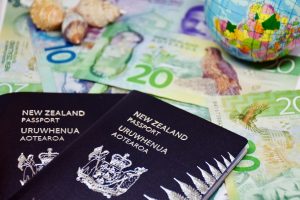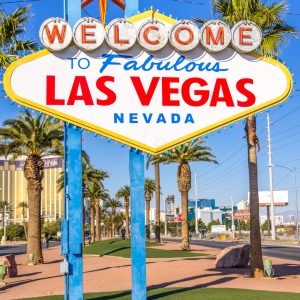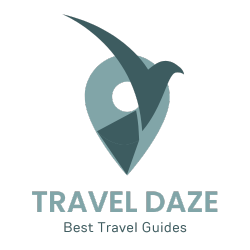I always aspired to see New Zealand. From Hobbiton’s rolling hills to the high peaks of the South Alps, this land far away was too tempting to pass up. But dreams do come with a price tag, and my inner solo traveler knew I’d have to budget for this epic trip just as much as my itinerary. All the cash saved out of the barista tips sounded like fjords and kiwis till I might price crossing oceans.
Table of Contents
ToggleLet us talk dollars and sense because navigating your way through Middle-earth ain’t cheap, people, and I am not just talking about escaping orcs! When I began breaking expenses down, I realized New Zealand is somewhat of a paradox; it’s a backpacker’s paradise but can also devour your wallet faster than you can say “second breakfast.”
So how much moolah does one really have to traverse the Land of the Long White Cloud without hitchhiking on Gandalf’s wagon? Put on your seatbelts, upcoming travelers; you are in for a wild ride as I divulge my financial escapades down below.
Remember that money does not grow on trees—even in those magical forests—but with some planning, you will not need to part with your magic ring to pay for your trip.
Key Points You Need to Know.
1. I find that accommodation is a big part of your expenses when you travel to New Zealand. My experience is that you can realistically budget between NZD 30 and 50 a night for hostels and more than NZD 100 a night for hotels. For those looking to save some cash, camping or maybe a campervan stay might be a good idea, particularly if you split the cost with other people.
2. For transport, I rent an automobile or a campervan because I like traveling at my own pace. Though I do find that rental costs add up quickly, I would recommend putting aside at least NZD 50 each day just for this. Public transportation is available, but not as extensive or flexible as driving yourself.
3. Frequent eating out in New Zealand can drain your wallet faster than you think. I suggest allocating about NZD 20–40 per meal when dining out is important for you. I cook my own meals or purchase things at local supermarkets and farmers markets to save money.
4. Activities and tours are a part of New Zealand travel; however, they aren’t cheap. For instance, hiking or even visiting national parks is free; bungee jumping and guided tours can cost upwards of NZD 100–300 per person. So I always put a good chunk of my budget aside for these experiences.
5. Lastly, unplanned costs like Wi-Fi access charges, laundry services, and tips can add up quickly. I build up a buffer for these incidental expenses so I don’t get any unpleasant surprises on my travels around New Zealand.
Estimating daily expenses in New Zealand.
As a traveler, I always find that accommodation, food, and transport are the largest cash consumers on any journey. A night at a hostel in New Zealand costs between NZUSD 30 and NZUSD 50, according to the hostel and level of luxury. For something more private, motels or hotels cost upwards of NZ$100 a night.
For meals, I mix it up a little bit—dining out and self-catering—to save money. Quick bite in the cafe? You can pay about NZD 10–15 or NZD 20–40 for a sit-down meal in a middle-range restaurant. If you cook, weekly groceries are about NZ$70–100, but remember that local produce markets are often more affordable compared to supermarkets.
Transport also needs budgetary considerations. Intercity bus fares vary between NZUSD 20 and NZUSD 90, I’ve found. If you do a great deal of exploring, a domestic flight may cost NZD 50–200, depending on how far you travel. An automobile or camper van could also be hired for around NZ$50–150 daily, not including gasoline.
Activities and Excursions: Costs are Balanced.
No wonder experiences and adventure pursuits can drive up your spending rapidly. I plan and prioritize, keeping expenses under control. For instance, the Hobbiton movie set tours run about NZ$90–00. Adrenaline-pumping activities, for example, bungee jumping and skydiving, could cost between NZ$150 and NZ$300. Always look for combo deals and book online for potential discounts.
Understanding the New Zealand Goods and Services Tax (GST).
Whenever I purchase anything, I think about how much Goods & Services Tax New Zealand is: 15%. This tax is on the majority of goods and services, such as dining and activities, so add it to your budget.
Smart Spending Hacks for Frugal Travel.
A trick I have picked up is traveling in the shoulder seasons, in which prices for accommodation and activities are often lower. Additionally, utilize discount apps and loyalty programs to stretch that dollar even further.
Connectivity and Other Expenses.
Staying connected has a price, too. My phone costs between NZD 20 and NZD 50 for prepaid SIM cards, depending on the data pack. I also stash some money away for souvenirs and unforeseen expenses (an extra NZUSD 20–50 a week), because contingencies happen in travel.
Budget Planning for Your Trip.
To sum up my experience, solo travelers ought to budget less than NZ$100–150 USD/day. This figure fluctuates based on the type of accommodation, dining preferences, and scale of your adventures across the North and South Islands. Of course, if you lean toward luxury or frequent flying, your daily budget could rapidly add up.
How Do I Save Money When I Travel to New Zealand?
1. Combine sightseeing with free activities like hiking or even beach visits.
2. When possible, use public transportation rather than taxis or rental cars.
3. Discounts and communal kitchens are found in frequent backpacker hostels.
4. Eat like a local: supermarkets or food trucks rather than tourist-centric restaurants.
5. Look for attraction passes that will combine sites for a discounted rate.
6. Pay attention to tourist seasons and book early to lock in better rates.
7. Drink tap water if you are able to; it is clean and it saves money.
8. Accept local markets as unique, inexpensive gifts instead of souvenir shops.
Is New Zealand an excellent value for budget travelers?
My experience is that New Zealand is a tough destination for shoestring budget travelers, but it is possible. Accommodations, transport, and activities might be more costly than at other backpacking spots. But with smart spending and planning, budget travelers can experience New Zealand at a fraction of the cost.
How much does accommodation in New Zealand cost?
Accommodation costs in New Zealand vary widely. Dorm beds in hostels set you back between 20 and 40 NZD a night, and mid-range hotels start at around 100 NZD. Luxurious accommodations cost a lot more, of course. Camping in campgrounds or in a campervan is also cheaper if you choose a group.
How much money should I budget for food and dining in New Zealand?
For food, budget travelers can expect to spend around 10 to 15 NZD for just a meal in a cheap eatery or takeaway spot. For mid-range restaurants, expect to pay between 20 and 40 NZD per plate. Save by self-catering or visiting farmers’ markets for local produce.
Are activities and tours in New Zealand costly?
Yes, a few of the best activities and tours are very costly; bungee jumping, skydiving, and guided hikes can cost you more than 100 NZD. Look for combo deals or even book early to get discounts. For those on a tight budget, nature walks and beach days could be free alternatives.
Does New Zealand require a rental car, and how much will it cost?
Though New Zealand has lots of natural wonders, you do not need a car rental if you stick to the big towns. But renting a vehicle allows you freedom and is often more economical when shared. Prices vary, but budget between 30 and 50 NZD per day. Don’t forget to factor in fuel and insurance, too.
How can I cut costs when traveling in New Zealand?
Public transportation, or the bus network between major hubs, is one of the cheapest ways to reduce transport costs. Also consider hitchhiking, moving cars, or even traveling with new friends you make; this will reduce travel costs.
Is New Zealand’s high season more expensive than other times?
Definitely. During the high season—summers along with regional holiday periods—priced for accommodation and tours are extremely high. In case you go on a budget, go for shoulder seasons in fall or spring, when costs are low and tourist spots are less packed.
What are the visa and entry fees for New Zealand?
For a lot of visitors, New Zealand requires an Electronic Travel Authority (ETA) along with an International Visitor Conservation and Tourism Levy (IVL), which totals about 47 NZD. Check current requirements as they might change; however, these fees are not huge in your budget.
Are there any ways to make money while traveling in New Zealand?
Yes, you are able to work short-term jobs around the country if you have a working holiday visa. From seasonal fruit picking to hospitality jobs, there are various opportunities to earn some extra cash and immerse yourself in local culture as you go along.
Do I need cash, or can I use credit cards widely here in New Zealand?
Credit cards are accepted at most locations in New Zealand, especially in urban areas. Some cash is handy for small purchases or rural areas, but you will not want to carry much around with you. When you want to withdraw cash, ATMs are nearby.
Final Thoughts.
As a veteran traveler, I think New Zealand’s landscapes and culture are worth the price tag. Budgeting prudently, using discounts, and finding low-cost accommodation and transport make a trip to this fantastic country possible. It comes down to balancing your desires against your wallet. With some planning and savvy, you can develop a Kiwi adventure without draining your savings.
From my very own journeys, I’ve learned that memories made while wandering through Aotearoa’s landscape are priceless. Whether you are traveling alone or with friends, remember that the real value is in the moments, not the dollars spent. So pack your bags, budget, and say “Kia ora” to one of the most magical places in the world!
